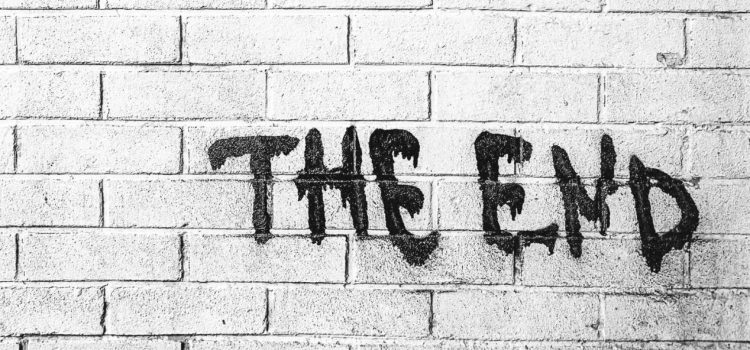Are you looking for John Rawls’s quotes from A Theory of Justice? What are some of the most noteworthy passages worth revisiting? In A Theory of Justice, John Rawls explores the best and most just way a society can distribute social goods like rights, wealth, and power. He argues that people can and should determine the distribution of these goods entirely through reason, rather than by appeals to one’s identity—sex, race, religion, etc. Below is a selection of passages highlighting some of the key ideas.
The Best John Rawls Quotes From A Theory of Justice










